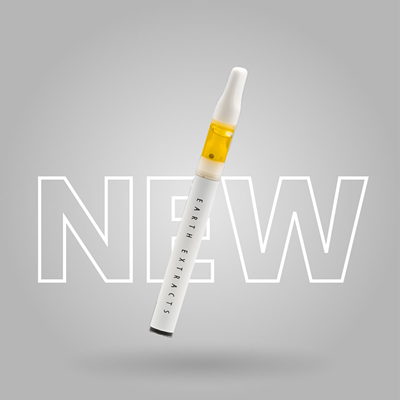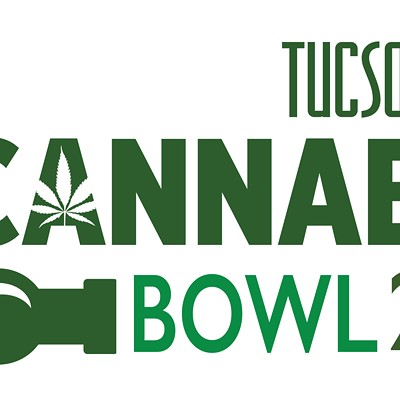Insys Therapeutics made headlines again this week not for their slew of lawsuits over pushing deadly opioid drugs and exacerbating the country's opioid crisis, but for the DEA's classification of their new marijuana-derivative drug.
The new synthetic THC spray, Syndros (surprisingly not the name of main villain in the recently released Justice League movie), received a Schedule II classification listing from the DEA. Marijuana, however, is still classified Schedule I.
That's right. The DEA has decided that synthetic THC is safer than the real stuff. Leave it to the feds to take a drug from a company that may be indirectly responsible for thousands of deaths and declare it safer than a plant that has no overdose limit.
For a drug to fall into the same classification as marijuana, it must have "no currently accepted medical use" and "a high potential for abuse." Never mind marijuana "abuse" typically entails spending $40 at Domino's and binge-watching Netflix, to still claim marijuana has no medical benefit at this point is absurd. Listing marijuana alongside heroin and bath salts is even more absurd.
Syndros, on the other hand, will fall in alongside drugs like OxyContin, Percocet, cocaine and meth in a category that classifies drugs as having some medical value, but still a high potential for abuse.
How is it that a drug containing the same psychoactive ingredient as marijuana gets a medically beneficial classification while marijuana is still the bane of civilization?
Well, until recently, the government has only licensed a single marijuana grower at the University of Mississippi to produce samples for federally recognized studies, ones that could prove medicinal benefit and knock marijuana down the schedule.
Unfortunately, we have it on good authority that their samples are schwag, and for the study to pass the DEA's qualifications, the samples must be comparable to what patients would get at a dispensary, which many can attest is usually primo stuff.
With only ditch weed to study and the rest of the market cut off, scientists haven't had a whole lot of opportunity to demonstrate marijuana's medicinal benefit to the federal government.
You would think 29 successful state marijuana programs would be enough for the government to at least admit the possibility that marijuana might have some use as medicine. But with the recent revelation behind the classification of Syndros, perhaps other motives are at play.
Last year, Insys Therapeutics, which is headquartered in Chandler, donated $500,000 to the campaign to shut down Proposition 205, which would have legalized recreational marijuana in Arizona.
While it's possible Insys may have made the donation because the law would have "failed to protect the safety of Arizona's citizens, and particularly its children," as they claimed, they might have also done it because the company was gearing up to roll out Syndros and the top brass was worried about competition.
It leaves one to wonder: If Insys was so worried that marijuana would pose a formidable substitute for its new drug, then how can they claim it has medicinal benefit while marijuana doesn't?
In any case: Thank you, Insys Therapeutics, for protecting Arizona citizens (and particularly our children) from the scourge of the happy, hungry, sleepy plant. Now please, try not to illegally encourage doctors to prescribe us something that may kills this time.









